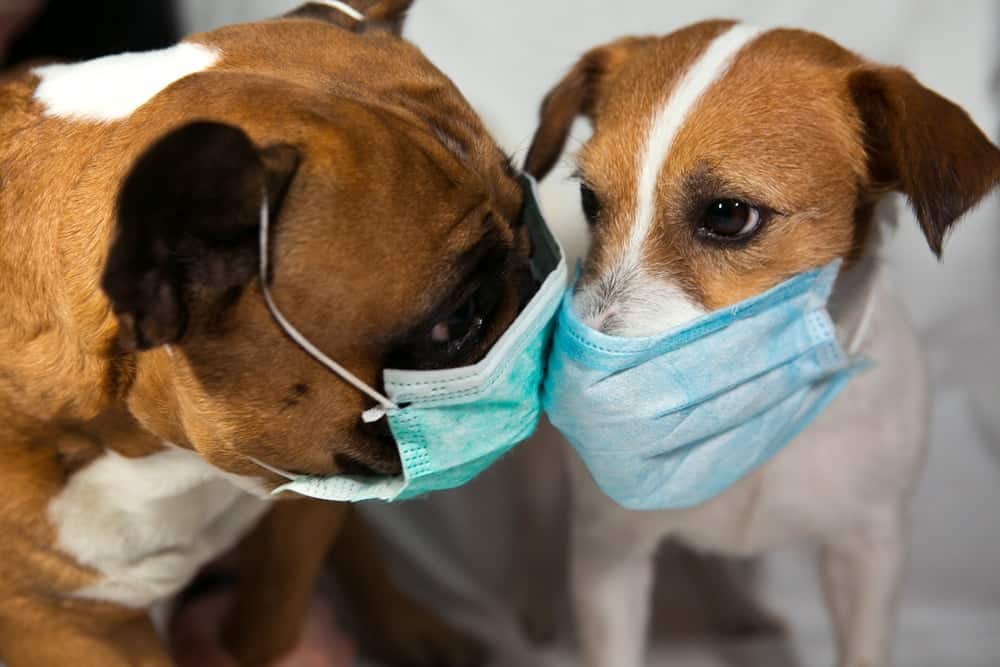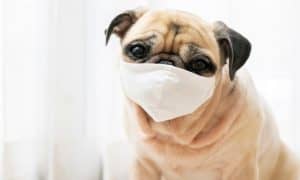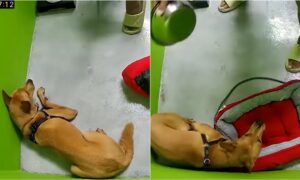“This post contains affiliate links, and I will be compensated if you make a purchase after clicking on my links.”
As new COVID-19 and Coronavirus cases emerge, with some now including zoo animals and family pets, the CDC has expanded their social distancing guidelines to include pets.

If you share your home with animals, the CDC recommends the following:
- Do not let pets interact with people or other animals outside the household.
- Keep cats indoors when possible to prevent them from interacting with other animals or people.
- Walk dogs on a leash, maintaining at least 6 feet from other people and animals.
- Avoid dog parks or public places where a large number of people and dogs gather.
- Talk to your veterinarian if your pet gets sick or if you have any concerns about your pet’s health.
If you are sick with COVID-19 or suspect that you might be, you should restrict contact with your pets and other animals, just like you would with people. If you are sick, the CDC recommends:
- When possible, have another member of your household care for your pets while you are sick.
- Avoid contact with your pet including, petting, snuggling, being kissed or licked, and sharing food or bedding.
- If you must care for your pet or be around animals while you are sick, wear a cloth face covering and wash your hands before and after you interact with them.
- If your pet becomes sick, do not take them to the veterinarian yourself. Call your veterinarian and let them know you have been sick with COVID-19. Your veterinarian can evaluate your pet and determine the next steps for your pet’s treatment and care. (The CDC has also released guidelines for veterinarians during the COVID-19 response).
According to the CDC, there is no evidence that animals are playing a significant role in the spread of COVID-19. Based on the information available, they consider the risk of animals spreading COVID-19 to people to be low. That said, it’s always a good idea to practice healthy habits around pets and other animals. The CDC recommends:
- Wash your hands after handling animals, their food, waste, or supplies.
- Practice good pet hygiene and clean up after pets properly.
- Talk to your veterinarian if you have questions about your pet’s health.
- Be aware that children 5 years of age and younger, people with weakened immune systems, and people 65 years of age and older are more likely to get sick from germs some animals can carry.
For more information, visit the Centers for Disease Control website and their Frequently Asked Questions about COVID-19 and Animals.
















